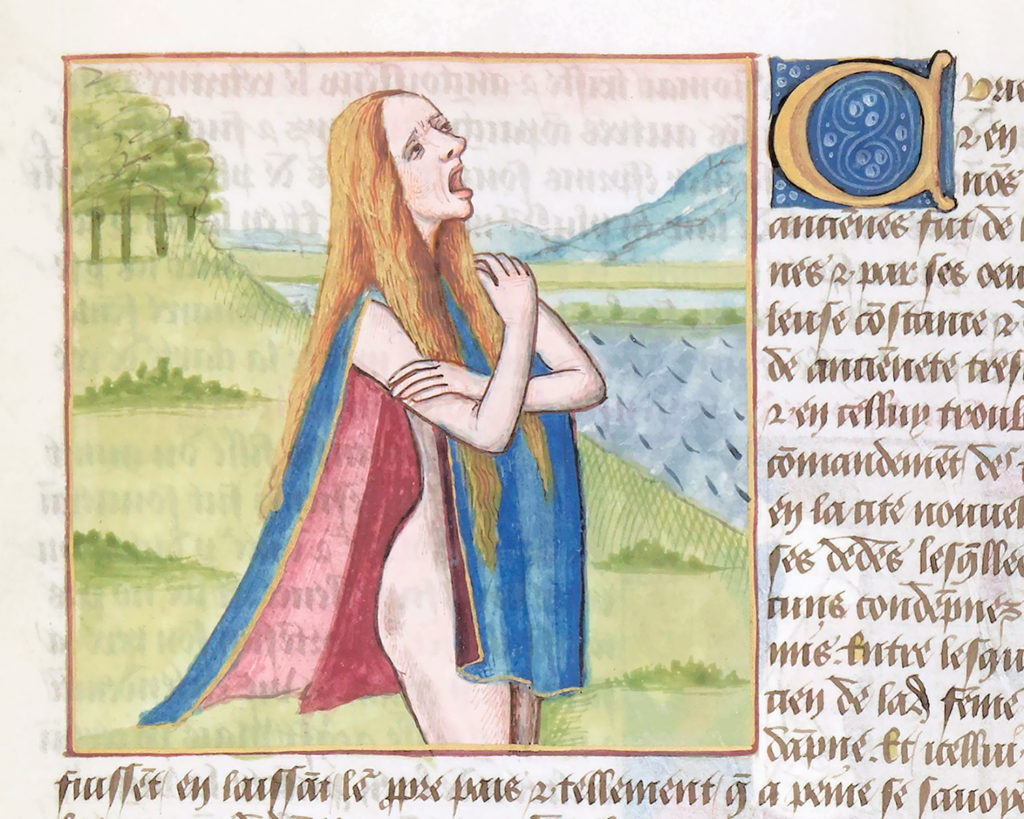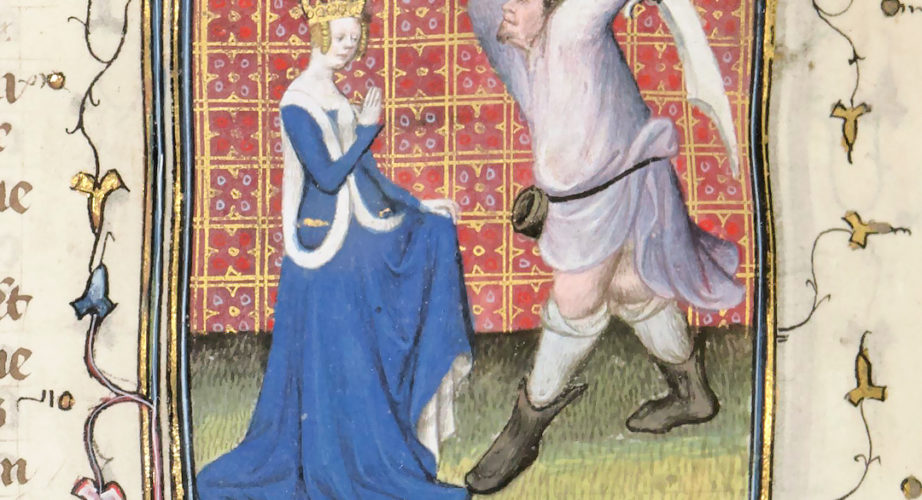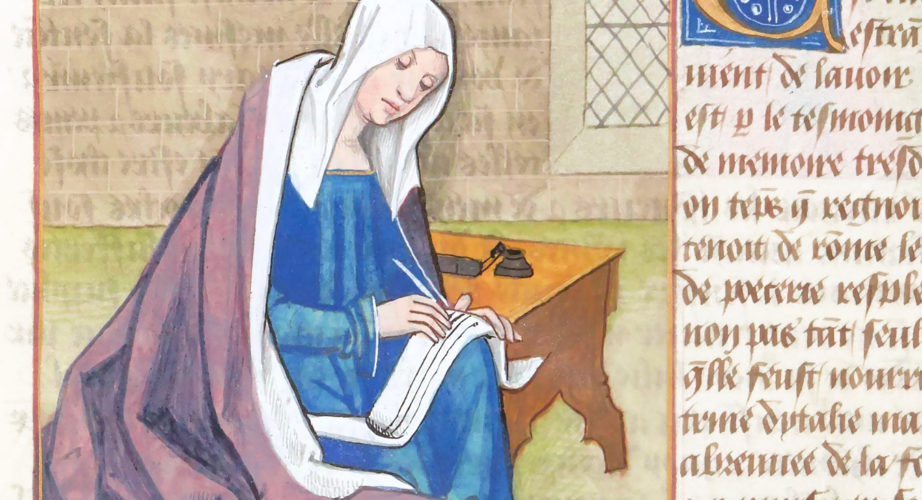Turia

What is better than being certain of your partner's affection? Very few things. And what is better than witnessing that very devotion with your own eyes, especially when you see an unforgivable flaw in yourself? Even fewer.
This week's Mulier Clara, Turia, was the wife of the Roman politician Quintus Lucretius Vespillo. Although she was unable to give him a child and selflessly offered him a divorce, Lucretius refused. Their bond was so strong that the longest surviving personal tombstone from Classical Rome, on which is engraved a touching eulogy to a faithful wife, was believed to be dedicated to Turia herself; to this day, the tombstone is still commonly known as Laudatio Turia, “The praise of Turia”.
Turia's generous nature showed well beyond her love for her husband: she offered her knowledge to the new young brides of her family, advising them financially and otherwise, and helping them navigate their new life.
Her kind heart, however, was not the only gift she had: it was her brilliant mind, ultimately, what saved Lucretius's life. After he served in the Pompeian military, he was proscribed by the triumvirs and Turia hid him in their bedroom and proved herself a great actress in the streets of Rome, lamenting the loss of her beloved spouse, dressed in ragged clothing. Lucretius survived, and their marriage lasted forty more years.
"Turia", illumination from the manuscript “De Mulieribus Claris”, decorated by Robinet Testard, ms. Français 599, f. 71r, 1488-1496, Bibliothèque nationale de France, Département des Manuscrits, Paris.
Historically and mythologically speaking, being in a powerful position (and perhaps also a…
The time has finally come for the very first Women’s Wednesday of 2021!…
Welcome back to another Women’s Wednesday! Our weekly Mulier Clara, much like Sappho…


